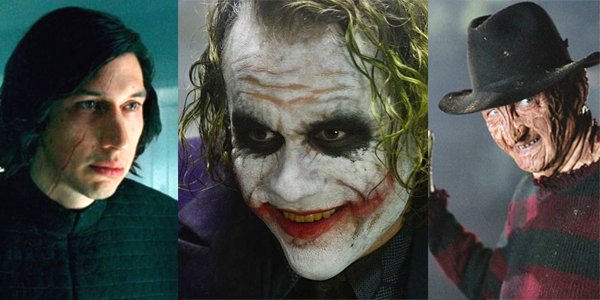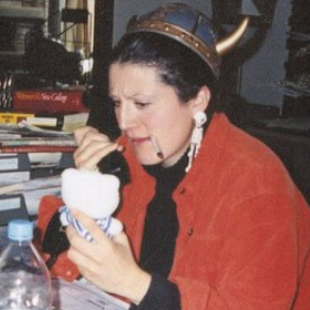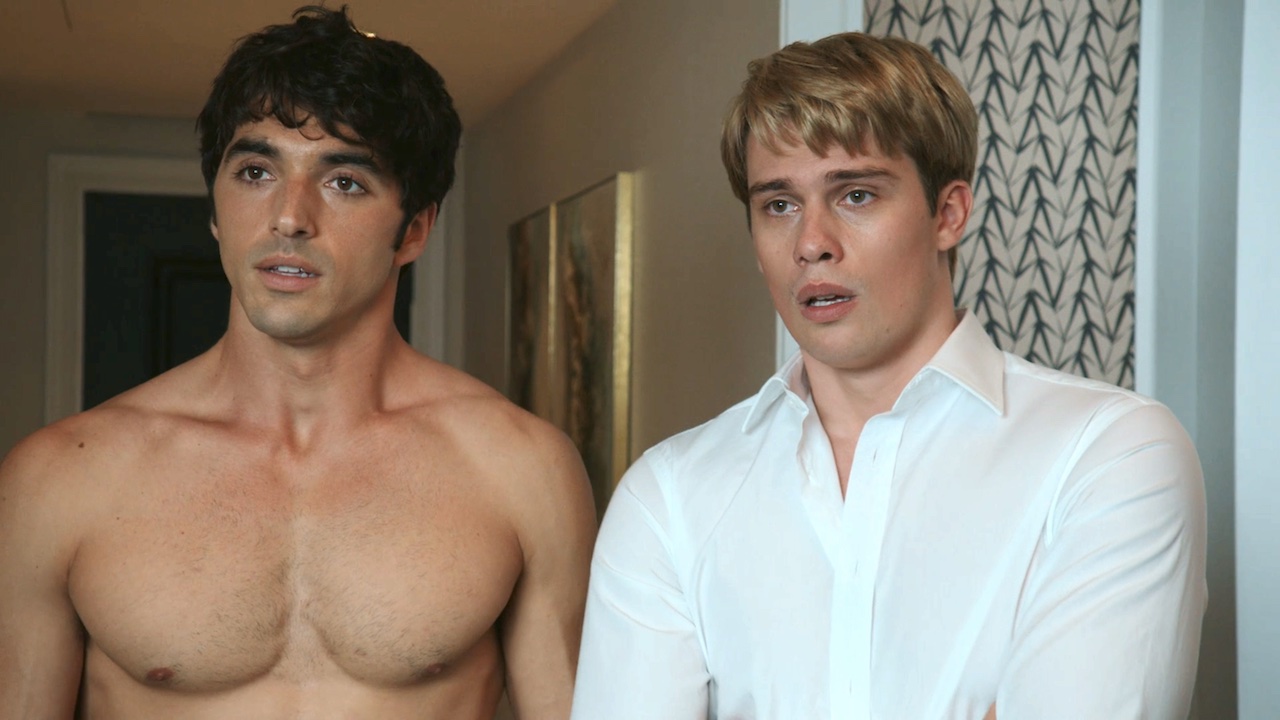I Am Not Your Villain Campaign Aims To End Film Stigma Against Facial Scarring

Your Daily Blend of Entertainment News
You are now subscribed
Your newsletter sign-up was successful
Sorry, Joker, but the British Film Institute does not want to know how you got those scars. Same to you, Kylo Ren, the Phantom of the Opera, Freddy Krueger, etc. The BFI is backing Changing Faces' campaign #IAmNotYourVillain, which aims to change attitudes toward people with facial disfigurements. To that end, BFI deputy CEO Ben Roberts said they will no longer fund films via the National Lottery if those projects feature such negative tropes.
It's astonishing to think that films have used visible difference as a shorthand for villainy so often and for so long. The time has come for this to stop. Changing Faces is doing an incredible job of changing attitudes towards disfigurement and making a positive impact on people's lives and this campaign will enable people --- from the film industry through to the public --- to gain a better understanding of the lives of those with a visible difference. [...] We fully support Changing Faces' I Am Not Your Villain campaign and urge the rest of the film industry to do the same.
The British Film Institute rep said (via TheWrap) that this Changing Faces campaign fits perfectly with the BFI Diversity Standards calling for meaningful representation on screen.
Changing Faces made a video for the "I Am Not Your Villain" campaign, calling on directors, film producers, production companies, and others in the industry to stop using scars, burns or marks as shorthand for villainy. The video shows people with visible differences talking about how it feels to see characters with scars used as villains -- like Scar from The Lion King, Freddy Krueger of A Nightmare on Elm Street, Heath Ledger's Joker in The Dark Knight, and Voldemort of Harry Potter.
This is the kind of thing some people will brush off with an eye roll, but it is enlightening to listen to people share their own stories -- like the woman in the video who grew up being compared to Freddy Krueger.
When you show people with visible differences as villains rather than heroes...... it just sets a stereotype that people who are different can be scary or mean.... they might make a snap judgment that that person is evil, or there's something negative about them.Growing up, it's very scary because you never see someone like you in a film. You never see someone who might be different as the hero.
As they point out, people with visible differences have often been through something that made them very strong, hence perfect hero material.
It's not like you can never have villains with scars. And it's not like there are no heroes with facial scars or disfigurements -- like Harry Potter with his lightning bolt scar; Inigo Montoya of The Princess Bride; and Deadpool, although Deadpool would blush to be called a hero. But the list is much longer for villains, and literally includes characters called Scarface.
Having more representation for heroes with scars would make sense, and clearly mean a lot to people who can relate to that experience. That may not be on the agenda for the films coming in the rest of 2018 and 2019, but maybe it's something filmmakers will think about moving forward.
Your Daily Blend of Entertainment News
Gina grew up in Massachusetts and California in her own version of The Parent Trap. She went to three different middle schools, four high schools, and three universities -- including half a year in Perth, Western Australia. She currently lives in a small town in Maine, the kind Stephen King regularly sets terrible things in, so this may be the last you hear from her.

